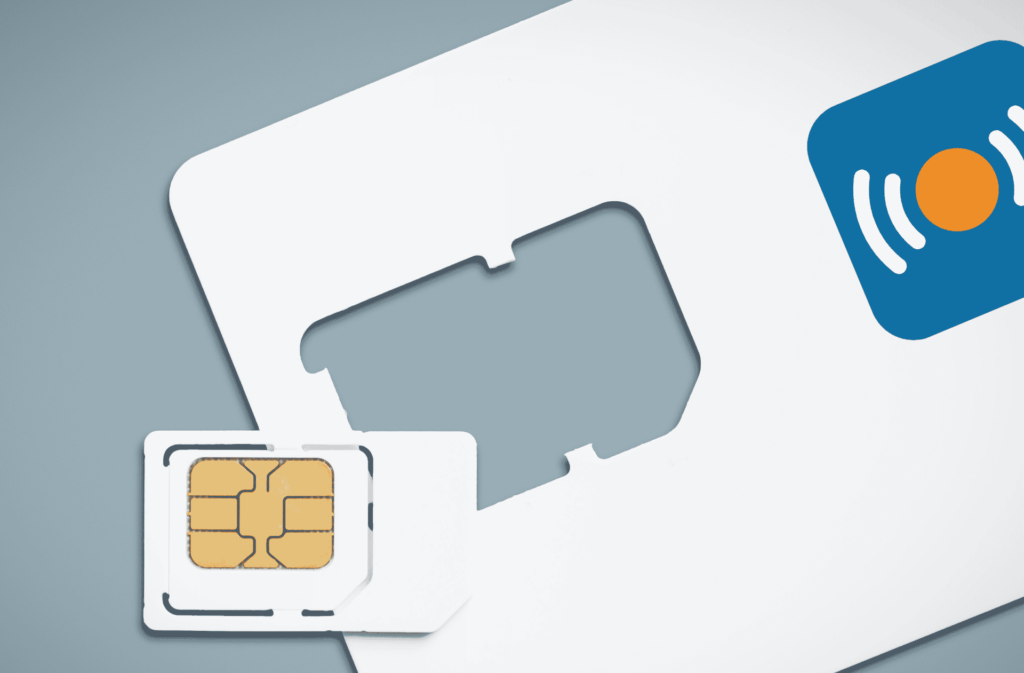The rapid advancement of the Internet of Things (IoT) has unlocked unprecedented opportunities for businesses to transform their operations and drive efficiency gains. One key player in this landscape is the Managed Service Provider (MSP), which is playing an increasingly crucial role in helping organisations navigate the complexities of IoT deployments.
We see the role of the Managed Service Provider (MSP) in IoT as pivotal in enabling organisations to successfully deploy and manage their IoT solutions.
Here are eight key functions of the MSP in IoT deployments:
1. Consultation and solution design
MSPs work closely with customer organisations to understand their specific needs and goals. They provide consultation services to identify the right IoT technologies, platforms, and solutions that align with the organisation’s objectives. MSPs leverage their expertise and industry knowledge to design comprehensive IoT architectures and strategies tailored to the organisation’s requirements.


2. Device procurement and management
MSPs assist in the procurement and provisioning of IoT devices. They manage the selection, sourcing, and deployment of IoT sensors, actuators, gateways, and other connected devices. MSPs handle the entire device lifecycle, from initial setup and configuration to ongoing monitoring, maintenance, and firmware updates.
3. Connectivity and network management
IoT deployments rely on robust connectivity. MSPs ensure seamless connectivity by managing network infrastructure, selecting appropriate communication technologies, and deploying edge computing capabilities. They handle the integration of IoT devices into existing networks, including wired, wireless, and cellular connections, and manage data transmission and bandwidth requirements.


4. Data collection and analytics
MSPs facilitate the collection, aggregation, and analysis of IoT data. They implement data management strategies to ensure data integrity, security, and compliance. MSPs leverage advanced analytics tools and techniques to extract meaningful insights from IoT data, enabling organisations to make data-driven decisions and optimise their operations.
5. Application development and integration
MSPs develop customised IoT applications and interfaces that enable organisations to visualise, interpret, and act upon IoT data. They integrate IoT systems with existing enterprise software, databases, and business processes, ensuring seamless data flow and interoperability. MSPs create user-friendly dashboards, reports, and alerts that provide actionable insights to stakeholders.


6. Security and risk management
Security is a critical aspect of IoT deployments. MSPs implement robust security measures to protect IoT devices, networks, and data from potential threats. They ensure end-to-end security by implementing encryption, access controls, authentication mechanisms, and monitoring solutions. MSPs also address privacy concerns and regulatory compliance requirements.
7. Monitoring and support
MSPs provide proactive monitoring and support services to ensure the continuous operation of IoT systems. They monitor device performance, network connectivity, and data flow, promptly addressing any issues or anomalies. MSPs offer timely technical support, troubleshooting, and incident management, minimising downtime and optimising system performance.


8. Scalability and future growth
MSPs enable organisations to scale their IoT deployments as their needs evolve. They design scalable architectures that accommodate the increasing number of IoT devices and data volumes. MSPs also assist in expanding IoT capabilities to new locations, industries, or use cases, ensuring the seamless growth of IoT solutions.
To help their customers successfully realise the value of IoT, MSPs must act as strategic partners, providing expertise, technology, and support to help organisations navigate the complexities of IoT, unlock its potential, and drive digital transformation.
In our next post, we’ll explore how customers, partners and MSPs can work together to overcome the challenges of implementing IoT projects and solutions.

